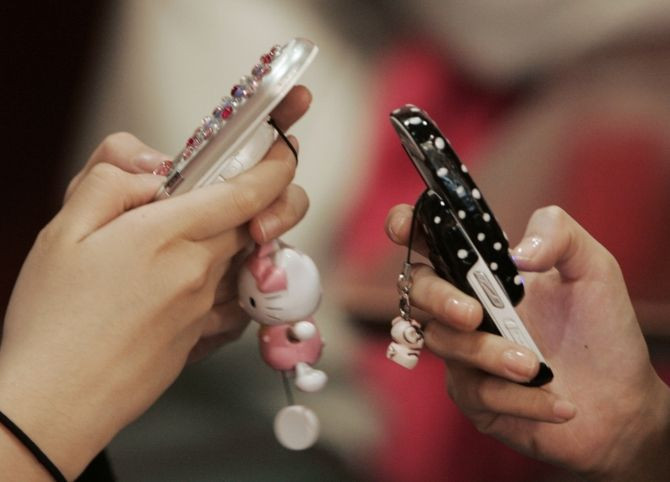Texting May Lead to Poor Grammar Skills Among Tweens

New research says that texting may lead to poor grammar and language skills among tweens.
According to researchers from Northwestern University and Penn State, when tweens text, they remove non-essential letters and words, turn phrases into initials and other word shortcuts, just like most of us, and this leads them to be worse at grammar.
"They may use a homophone, such as gr8 for great, or an initial, like, LOL for laugh out loud. An example of an omission that tweens use when texting is spelling the word would, w-u-d," said Drew Cingel, doctoral candidate in media, technology and society, Northwestern University.
Researchers tested students' grammar skills by giving them a test that was based on a ninth-grade grammar review. They then asked students to fill out a survey questionnaire about their texting practices like how many texts they send and received and their opinion about texting.
Researchers found that children who tend to use a lot of adaptations, changing words or shortening phrases, when texting have poor grammar ability than their peers.
"Overall, there is evidence of a decline in grammar scores based on the number of adaptations in sent text messages, controlling for age and grade," Cingel said.
"In other words, if you send your kid a lot of texts with word adaptations, then he or she will probably imitate it. These adaptations could affect their off-line language skills that are important to language development and grammar skills, as well," Sundar said.
However, there are certain areas where tweens can switch to grammar rules like punctuation marks and capital letters.
Even though, children avoid using punctuation marks and capital letters in the texts, they tend to stick to the standard punctuation rules in the tests, researchers said.
According to the researchers, a desire to text like everybody else plus the inability to switch back to grammar rules at other times does not allow for children to develop good language and grammar skills.
"There is no question that technology is allowing more self-expression, as well as different forms of expression. Cultures built around new technology can also lead to compromises of expression and these restrictions can become the norm," said S. Shyam Sundar, an author of the study and Professor of Communications and co-director of the Penn State's Media Effects Research Laboratory.
A real life incident triggered Cingel's curiosity in finding out the effect of texting on children, especially in tweens.
"I received text messages from my two younger nieces that, for me, were incomprehensible. I had to call them and ask them, 'what are you trying to tell me'," said Cingel.
The study was published in New Media and Society.



























